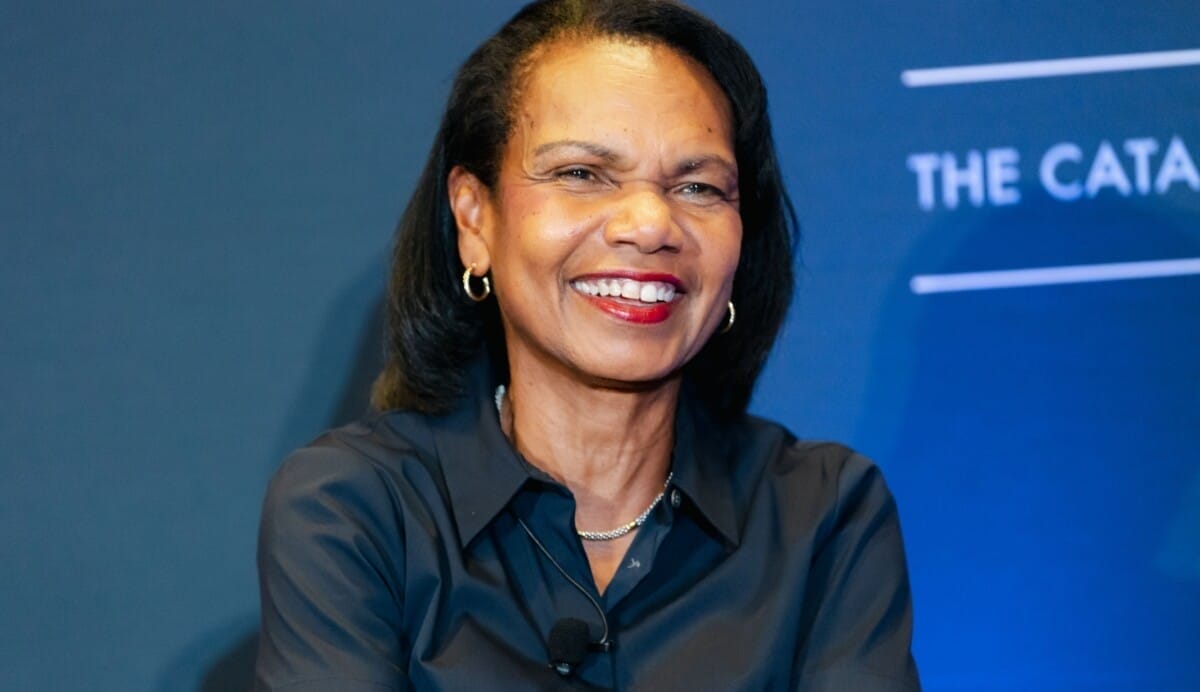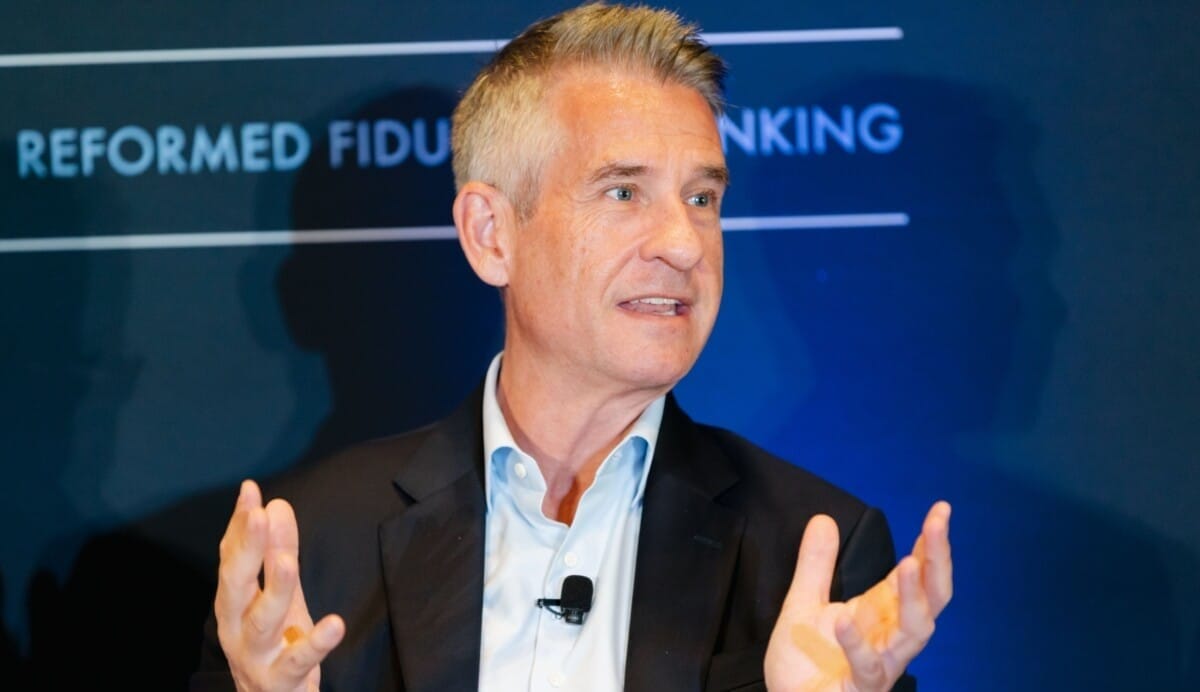Condoleezza Rice, the 66th US Secretary of State and current director of Stanford University’s Hoover Institution, said that the new world order is likely to have several characteristics, of which there are already signs: countries will be more protectionist in their trade policies; the world will see a redistribution of security burdens; and those who fail to receive the benefits of globalisation will become louder voices.
At the Top1000funds.com Fiduciary Investors Symposium, Rice highlighted that some of these systemic shifts are not dictated by short-term events such as the Liberation Day tariffs (although they contributed to the overall momentum of change).
But what is certain is that the borderless economic cooperation between countries which the world has thrived under is being dismantled.
“Some of what we’re sensing and feeling are long-term, secular trends that have been developing for some time, and so a change in administration, one way or the other, will not change the international economic and security picture,” she told delegates at Stanford University.
“They [the rules] are not going to come from other great powers – Russia in particular is a disruptive power, and China thinks about an alternative system. So in some sense, it has to come from the United States and other like-minded players.
“Of course, floating over all of it is what is going to happen to the job anyway when we’re looking at technological progress like AI or robots, which already make it more difficult.”
As the US heads into its 250th anniversary next year, Rice said it’s a good opportunity to retrace early challenges in its history and how democracy guided it through periods of turbulence.
“When people ask ‘why do democracies fail’, they really ought to be asking ‘why did democracy succeed?’,” she said.
“It’s hard to get hundreds of millions of Americans to use these institutions, which are to channel – as the founders would have said – the passions, the values and the interests of human beings into something which we just don’t fight about… [but into] everything we actually agree.
“I would then make a case that for all of our problems, this is an extraordinary success.
“But this idea that because I disagree with you politically, somehow you’re not just my political opponent, you’re my political enemy; and the sense that you don’t have the best interest of the country or the people at heart if you disagree with me… I do think that rhetoric needs to calm down.”


